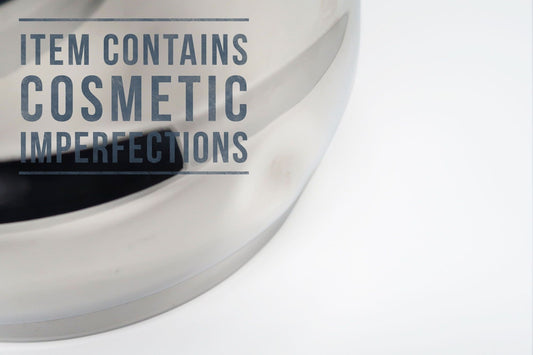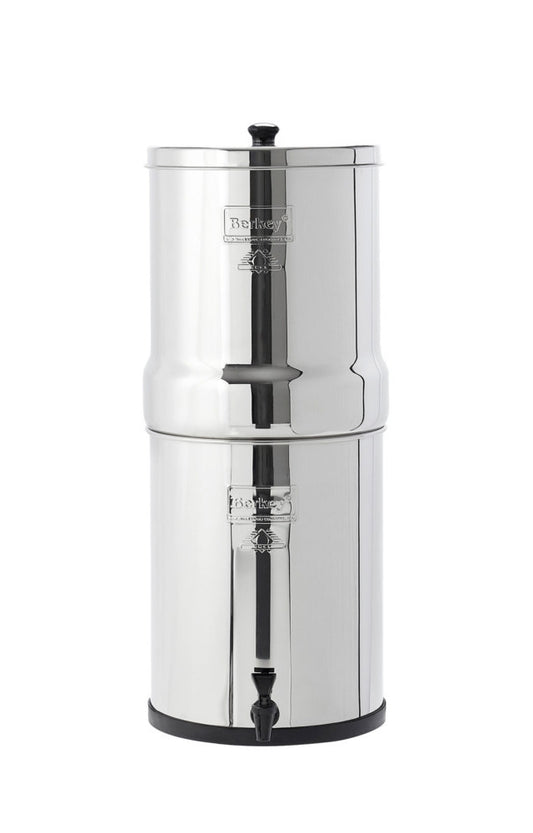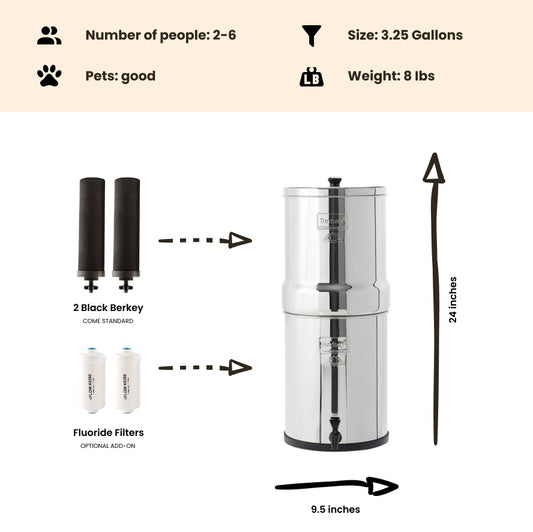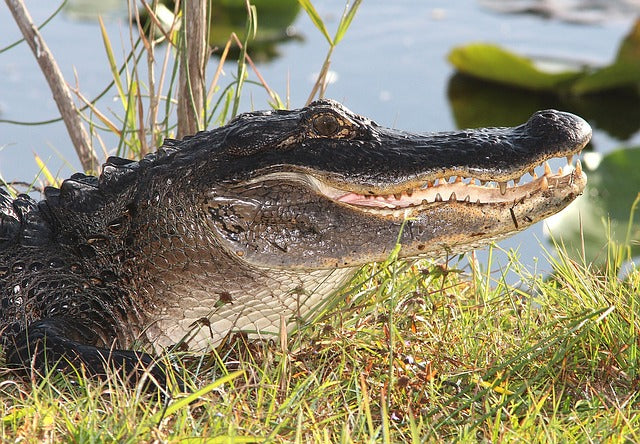
Industrial Chemicals found in American Alligators & African Crocodiles
By Dan DeBaunShare
Two pioneering new studies examined perfluorinated alkyl acid (PFAA) concentrations in 'sentinel' reptiles, and could prove to be particularly useful for assessing the long-term impact of environmentally persistent chemicals.
While alligators in American waterways and crocodiles in South African aquatic systems inhabit freshwater systems on separate continents, thousands of miles apart, two new studies conducted by scientists from Hollings Marine Laboratory, Charleston, South Carolina, have found that both species have persistent industrial chemicals used for non-stick coatings at detectable levels in their blood.
Some of the compounds included in this environmentally persistent group of chemicals — which have been associated with reduced fertility, liver toxicity, and a wide range of other health issues in both animals and humans — are no longer in use in the US and many other countries. Yet, blood samples taken from 125 American alligators at 12 different sites across South Carolina and Florida, showed that all had at least 6 out of 15 PFAAs being tracked for the study. The study, together with a similar study on South African crocodiles conducted by colleagues, is the first to examine PFAA levels in indicator reptile species, which are particularly useful for studying the affects of persistent chemicals that linger in the environment. PFAA compounds were historically used in common industrial and household products, including non-stick frying pans, fire-fighting foam, household and industrial waxes, stain repellents and water-resistant clothing.
Implications for Drinking Water
The blood levels of perfluorooctane sulfonate (PFOS) in the alligators ranged between 1,360 - 452,000 ppt (parts per trillion). The US Environmental Protection Agency (EPA) issued a health advisory for PFOS and other PFAAs in drinking water early this year, recommending a drinking water standard of 70 ppt as the maximum combined exposure level for the two PFAAs in question. The researchers suggest that the high blood concentrations of PFOS found in alligators across several sites is concerning, and may imply that drinking water needs to be tested at those sites to limit human exposure to these hazardous chemicals. "Alligators and crocodiles play a dominant role in their ecosystems," said Jacqueline Bangma, of the Medical University of South Carolina in Charleston. "Similar to humans, they are long-lived top predators. They stay in a select territory--waterways where runoff from human activities accumulates-- and their PFAA burden increases through the consumption of fish."
Contamination Hot Spots
Both the US and South African study revealed "hot spots," where alligators and/or crocodiles had significantly higher levels of PFAA compared to animals at other locations. In the US, these tended to be on Florida's Merrit Island and on Kiaway Island situated in the Atlantic Ocean to the southwest of Charleston, SC. The high PFAA levels in these areas may be due to historical use of fire-fighting foams containing PFAAs, as high levels have been found in the environment around fire-training and manufacturing sites.
Exposure to Other Environmental Contaminants
By comparison, alligators in the Florida Everglades had the lowest concentrations of two of the most prevalent PFAAs found in all of the US alligators sampled. This came as a bit of a surprise to the researchers, as compared to other alligators in Florida, alligators in the Everglades have been found to have the highest concentrations of mercury. The Black Berkey elements that come standard with our Berkey systems do reduce Perfluorinated Chemicals (PFOA, PFOS, PFAA contaminates). Berkey water filter Perfluorinated Chemical test results can be found here.
Journal Reference/s J.T. Bangma, J.A. Bowden, A.M. Brunell, I. Christie, B. Finnell, M.P. Guillette, M. Jones, R.H. Lowers, T.R. Rainwater, J.L. Reiner, P.M. Wilkinson and L.J. Guillette, Jr. Perfluorinated alkyl acids in plasma of American alligators (Alligator mississippiensis) from Florida and South Carolina. Environmental Toxicology and Chemistry. Accepted manuscript online: August 20, 2016. doi:10.1002/etc.3600 I. Christie, J.L. Reiner, J.A. Bowden, H. Botha, T.M. Cantu, D. Govender, M.P. Guillettee, R.H. Lowers, W.J. Luus-Powell, D. Pienaar, W.J. Smit and L.J. Guillette Jr. Perfluorinated alkyl acids in the plasma of South African crocodiles (Crocodylus niloticus). Chemosphere. Published: July 2016. DOI: 10.1016/j.chemosphere.2016.03.072. Suggested Images https://pixabay.com/en/alligator-head-wildlife-mouth-1378625/ https://pixabay.com/en/alligator-american-alligator-gator-439889
-
Regular price From $302.00 USDRegular priceUnit price / per
-
Regular price $234.00 USDRegular priceUnit price / per
-
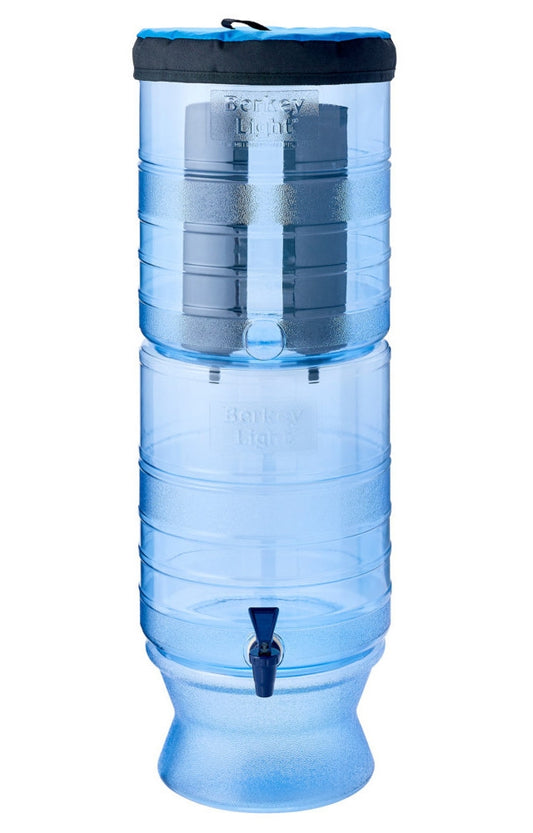
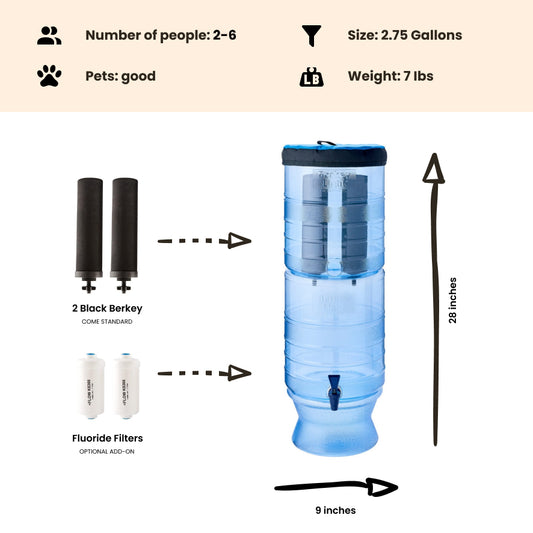 Sold outRegular price From $305.00 USDRegular priceUnit price / per
Sold outRegular price From $305.00 USDRegular priceUnit price / per -
Regular price $327.00 USDRegular priceUnit price / per
-
Regular price From $367.00 USDRegular priceUnit price / per
-
Regular price From $408.00 USDRegular priceUnit price / per
-
Regular price From $451.00 USDRegular priceUnit price / per

Dan DeBaun
Dan DeBaun is the owner and operator of Big Berkey Water Filters. Prior to Berkey, Dan was an asset manager for a major telecommunications company. He graduated from Rutgers with an undergraduate degree in industrial engineering, followed by an MBA in finance from Rutgers as well. Dan enjoys biohacking, exercising, meditation, beach life, and spending time with family and friends.
~ The Owner of Big Berkey Water Filters



